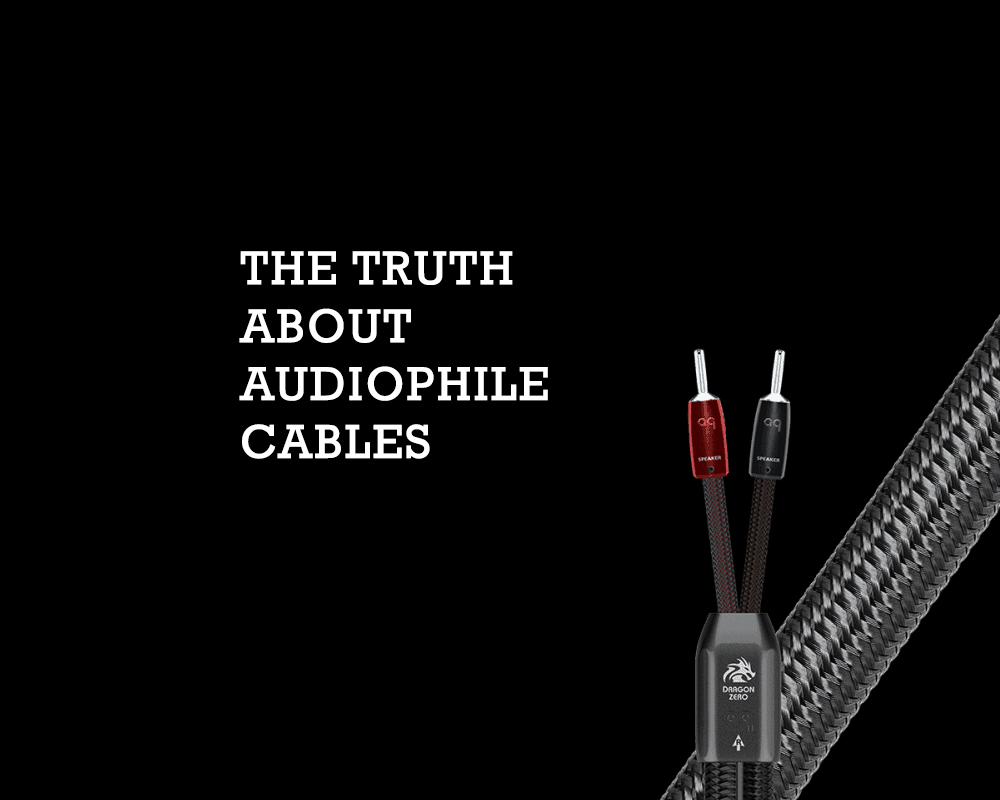As a reviewer I dare to discuss the most contentious subject in Hifi, cables. I should point out that audiophile metals aren’t like superheroes with unique sound powers. Nonetheless, some audiophiles believe that certain metals used in audio equipment can influence the sound quality. So, let’s take a look at some of these metals, shall we?
Sound signatures of metals used in audiophile gear
- Copper is the Batman of audio equipment metals, known for its excellent electrical conductivity, rich sound, and ability to reveal even the tiniest sonic details. It is also known for its warm, rich sound and its ability to convey detail and dynamics.
- Silver is the Iron Man of audio equipment metals, famous for its bright, detailed sound that can cut through any audio mix like a hot knife through butter.
- Gold is the Aquaman of audio equipment metals, not particularly useful for its electrical conductivity, but still very much appreciated as a plating material that can improve the conductivity of other metals.
- Platinum is the Thor of audio equipment metals, rare and expensive, but still considered a worthy addition to high-end audio equipment. Its smooth, natural sound is said to be worthy of the gods.
- Palladium is the Captain America of audio equipment metals, a rare metal that’s known for its neutral sound and its ability to reveal every sonic nuance with absolute transparency.
And last but not least, we have Rhodium, the Black Widow of audio equipment metals. Rhodium is a rare metal that’s often used as a plating material for audio connectors. It’s prized for its ability to improve conductivity and protect against corrosion. And just like Black Widow, Rhodium is sleek, stylish, and always ready to save the day (or in this case, the sound).
It is worth noting that the sound characteristics of these metals are subjective, and there is no scientific evidence to support the notion that they have a significant impact on sound quality. The design and engineering of the audio equipment, as well as the quality of the components and materials used, are likely to have a much greater impact on sound quality than the choice of metal.




